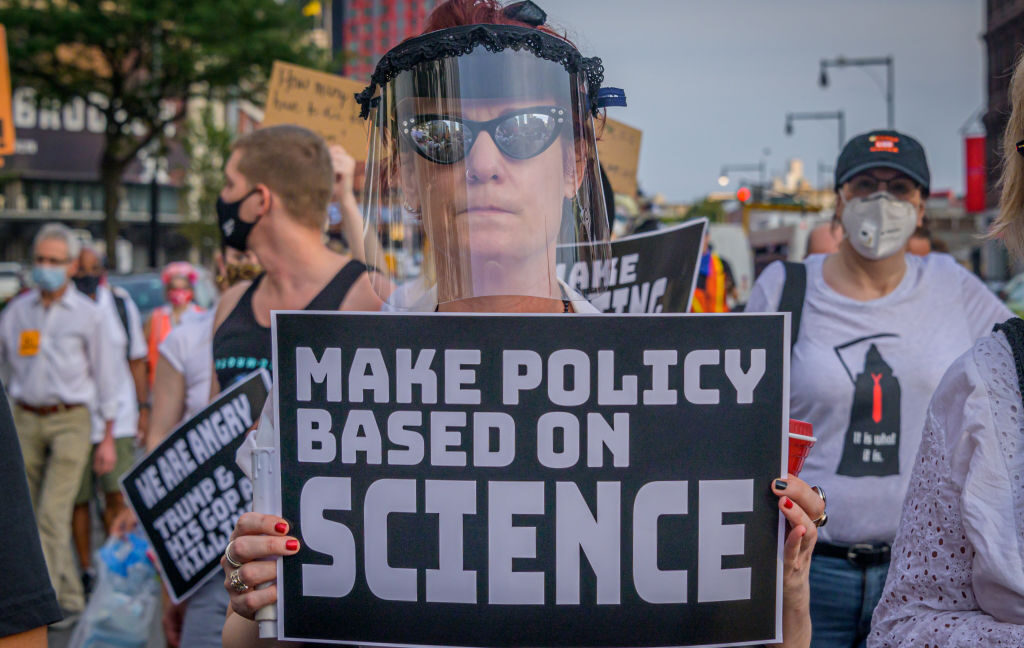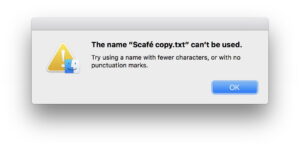Can public trust in science survive a second battering?

Public trust in science has been in the spotlight in recent years: After the US presidential election in November, one Wall Street Journal headline declared that “Science Lost America’s Trust.” Another publication called 2024 “the year of distrust in science.”
Some of that may be due to legitimate concerns: Public health officials have been criticized for their lack of transparency during critical moments, including the COVID-19 pandemic. And experts have noted the influence of political factors. For instance, the first Trump administration repeatedly undermined scientists—a trend repeating in his second term so far.
But what does the research say about where public trust in science, doctors, and health care institutions actually stands? In recent years, researchers have been increasingly looking into quantifying these sentiments. And indeed, multiple surveys and studies have reported the COVID-19 pandemic correlated with a decline in trust in the years following the initial outbreak. This decrease, though, seems to be waning as new research shows a clearer picture of trust across time. One 2024 study suggests Trump’s attacks on science during his first term did not have the significant impact many experts feared—and may have even boosted confidence among certain segments of the population.



